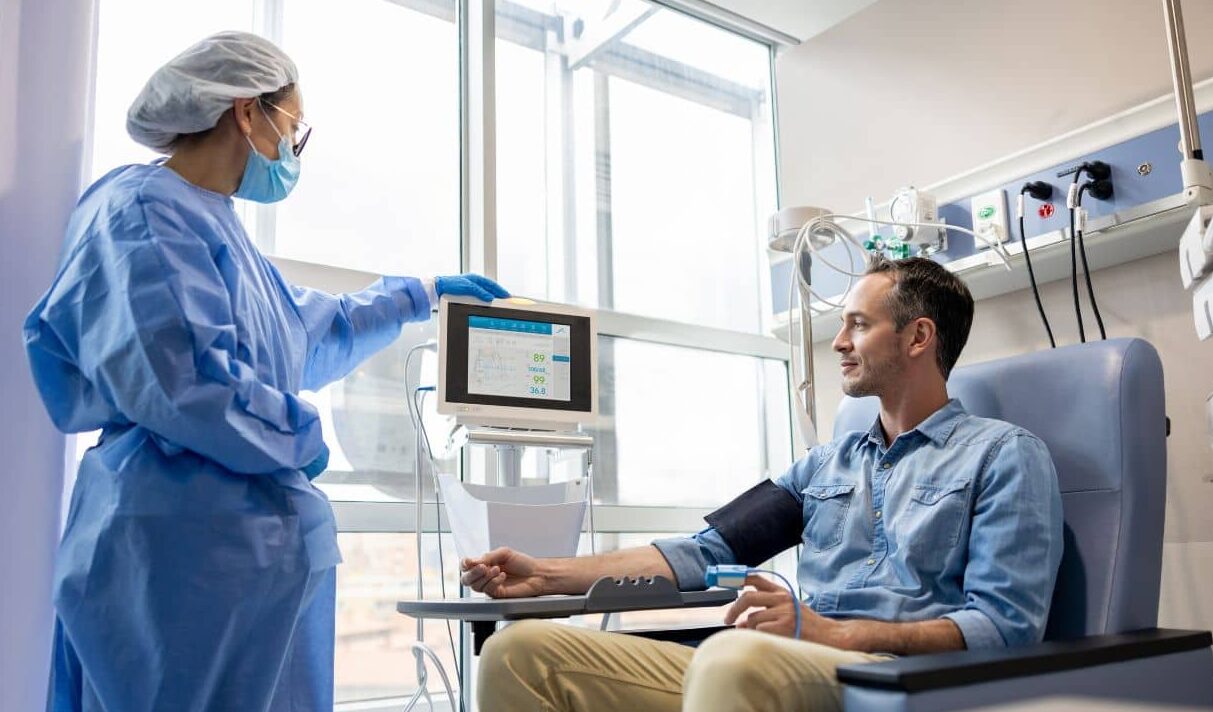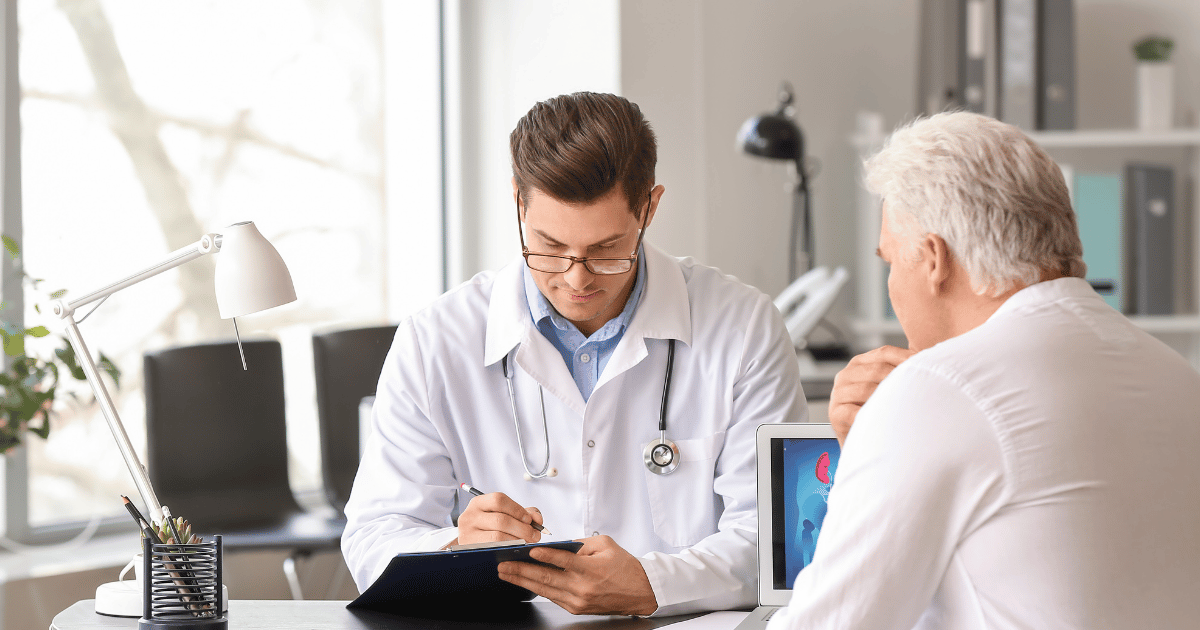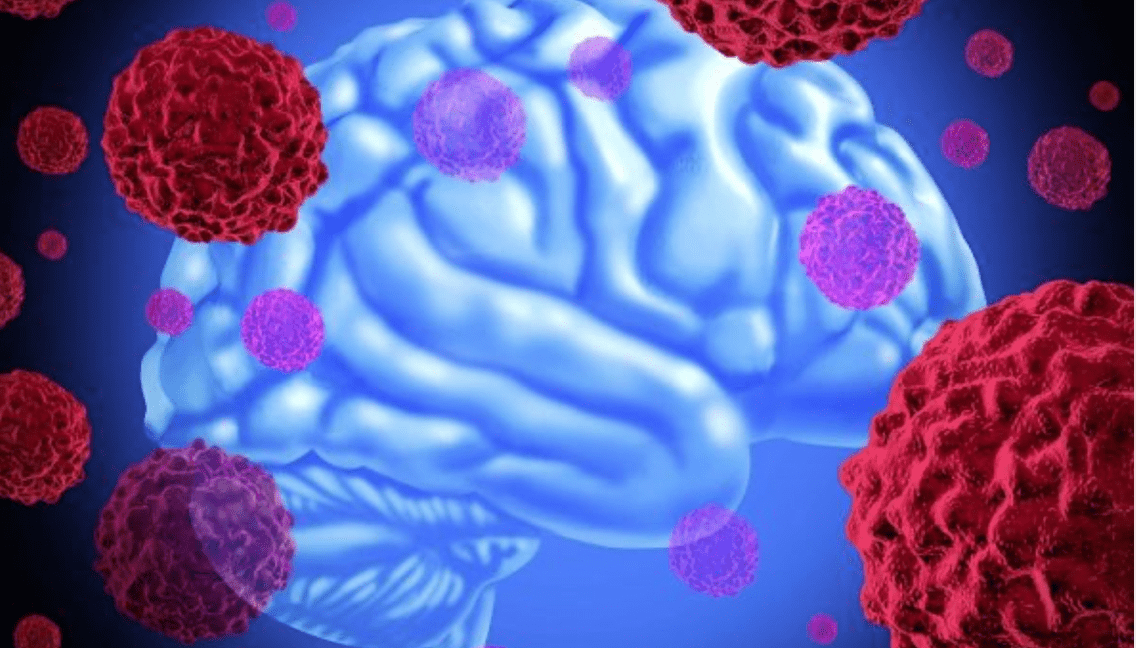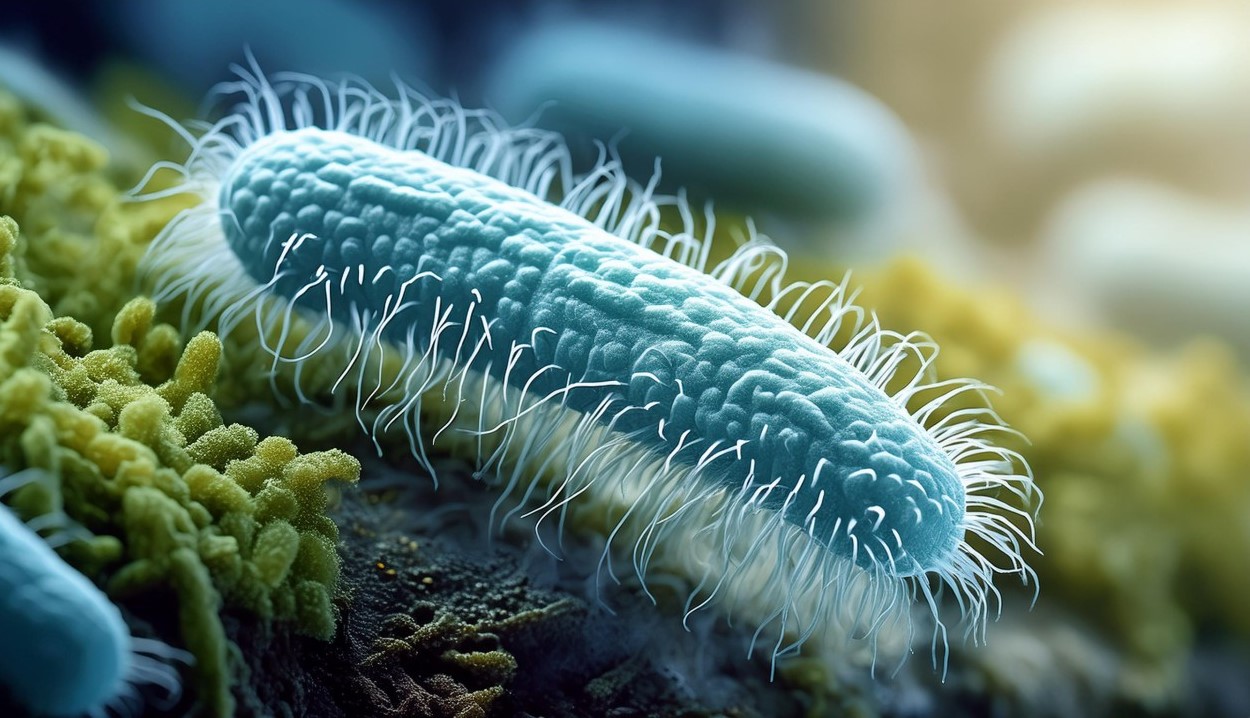-
 News
When glucose levels are low, chemotherapy ceases to affect cancer cells
News
When glucose levels are low, chemotherapy ceases to affect cancer cells
-
 News
Excessive treatment of prostate cancer in older men may reduce quality of life without increasing its duration
News
Excessive treatment of prostate cancer in older men may reduce quality of life without increasing its duration
-
 News
Brain cancer can be cured by viruses
News
Brain cancer can be cured by viruses
-
 News
Ways to reduce lymphatic pain in breast cancer have been found
News
Ways to reduce lymphatic pain in breast cancer have been found
-
 News
Scientists have turned bacteria into a powerful weapon against cancer
News
Scientists have turned bacteria into a powerful weapon against cancer
All news
COVID-19 treatment
COVID-19 is a coronavirus infection caused by the SARS-CoV-2 virus. According to the World Health Organization (WHO), most covid patients can be treated at home. If the illness causes severe symptoms, hospitalization and special care are required.
People who have had COVID-19, even in a mild form, often face a subsequent deterioration in their overall health. Exacerbation of chronic diseases often occurs. Therefore, high-quality diagnostics after suffering a coronavirus infection has great importance.
If the patient has had a severe coronavirus, then pathologies of the cardiovascular system, lungs and neurological abnormalities occur. In such cases, additional therapy may be required, which can restore damaged body tissues and return a person to normal life.
MedTour patients recommend clinics for the treatment of COVID-19:
Doctors for the treatment of covid-19
Frequently Asked Questions
Prevention of COVID-19 infection, as in the case of other infectious diseases, implies compliance with several rules:
- Avoid contact with an already infected person. COVID-19 is airborne and spreads easily indoors.
- Social distance and personal protective equipment. If there is a risk of infection, wear a medical mask, use a hand sanitizer and, if possible, stay 1-1.5 meters away from other people.
- Vaccination according to WHO recommendations. For many decades, vaccination against specific viruses and bacteria has shown undeniable efficacy. This does not give a 100% guarantee that a person will not get sick, but it will help to avoid severe complications and death.
In November 2020, the FDA granted emergency use approval for two drugs for the treatment of COVID-19. Both drugs have been approved for hospitalized adults and children over 12 years of age with mild to moderate symptoms of coronavirus infection. In these patients, approved treatments can reduce the risk of going to the emergency department. These drugs must be given intravenously shortly after the onset of symptoms and only as directed by healthcare professionals. Self-medication can be dangerous in all situations!
Preventive measures before hospitalization:
- Air humidification (at least 40%);
- Recreation;
- Moderate food intake;
- Use of an antipyretic agent in case of high fever (above 39 degrees).
For over 100 years, convalescent plasma has been used to treat various diseases (from measles, poliomyelitis, chickenpox and SARS). In August 2020, the FDA authorized the emergency use of convalescent plasma in patients hospitalized with COVID-19.
In some clinical trials, this method of treatment has shown good results. Research is still being carried out in order to guarantee a more sustainable result in the treatment of coronavirus infection in the future.
An antiviral drug must be able to affect a specific part of the life cycle of the virus, which is necessary for its reproduction. In addition, the antiviral drug must destroy the virus without killing the cell in the body that it occupies. Viruses are adaptive. Because they reproduce very quickly, they have many opportunities to mutate (change their genetic information) with each new generation, potentially developing resistance to any drugs or vaccines that scientists develop.
In June 2021, the USA government announced it was investing over $ 3 billion in the development of antiviral drugs for the treatment of COVID-19. Finance is being used to accelerate the development and testing of antiviral drugs undergoing clinical trials, and to discover complementary drugs with a focus on those that can be taken by mouth.
Rehabilitation after COVID-19 can be available to every patient locally. The effectiveness of therapy will depend on the competence of hospital professionals and the ability of clinics to provide patients with the necessary treatment.
In narrow-profile clinics that are engaged in health restoration programs in different directions, patients can get targeted assistance about the fight against the consequences of covid. Leave a request on the MedTour website to learn more about modern methods of effective recovery after COVID-19.
Origin of COVID-19 and subsequent analysis of the disease
COVID-19 was identified in Wuhan, China in December 2019. The disease quickly spread throughout the world, so on March 11, 2020, a global coronavirus pandemic was declared.
The sequence of the new SARS-CoV-2 virus was first identified in January 2020 from samples of bronchoalveolar lavage (focal pneumonia). The study was conducted in five patients in Wuhan with unusual respiratory symptoms: fever, cough, and dyspnea, accompanied by complications in the form of acute respiratory distress syndrome with diffuse lung opacity and induration on chest x-ray.
The most important approach in the fight against COVID-19 is to quickly diagnose patients with suspected disease. Timely treatment and isolation can help prevent the spread of coronavirus infection among the population. Diagnosis mainly depends on the results of PCR and serological tests, which are carried out in a laboratory.
Diagnosis of COVID-19
The Chinese National Health Commission has proposed guidelines for establishing an initial diagnosis and grading forms according to severity of disease into mild, severe and critical categories. About 70–80% of patients are mild, and 20–30% are severe or critical.
The current diagnostic test for COVID-19 is the PCR (polymerase chain reaction) assay considered to be the most reliable. A high viral load in both the upper and lower respiratory tract is detected 5-6 days after the onset of symptoms.
Serological testing detects antigens and antibodies directed against covid virus. SARS-CoV2 belongs to the same β-coronavirus family that caused the outbreaks of SARS and MERS. It has a similar process for the formation of antibodies, which are produced 14 days after the onset of the disease.
COVID-19 treatment
Most people with COVID-19 have a mild illness and can recover at home. Symptoms can last from a few days to several weeks. Home treatment for coronavirus is aimed at relieving symptoms and includes: rest, drinking plenty of fluids and pain relievers.
A severe form of COVID-19, in which the patient has low oxygen saturation, requires urgent care and treatment in hospital. With a heavy load on the health care system, patients cannot always receive timely assistance in infectious diseases clinics. Therefore, urgent hospitalization in a specialized department based on a private hospital may be the only chance for a cure.
To receive patients with COVID-19, a medical institution must have all the necessary equipment for examinations (X-ray, CT) and maintaining respiratory function (oxygen masks, IVL apparatus). Access to FDA-approved drugs for the treatment of coronavirus also increases the survival rate of patients with severe disease.
The development of effective methods against coronavirus infection continues. Therefore, the National Institutes of Health publishes monthly updates on the prevention, diagnosis and treatment of COVID-19.
Check-up after suffering a coronavirus infection
Check-up is an early diagnosis of pathologies that most often occur at the genetic level or as a result of injuries and infections. A comprehensive check-up for patients who have had COVID-19 allows you to accurately determine all disorders in the body.
What pathologies most often occur after coronavirus infection:
- Lung damage;
- Extrapulmonary disorders (intestines, kidneys);
- Deviations in the work of the cardiovascular system;
- Sleep disturbances and chronic fatigue;
- Headache;
- High or low blood pressure;
- Neurological disorders;
- Depression.
Situations are not uncommon when patients, after recovering from a coronavirus infection, face an exacerbation of chronic diseases. In such cases, the check-up helps doctors to accurately determine the current state of health and provide effective treatment tactics.
Recovery from COVID-19
In the overwhelming majority of cases, rehabilitation after coronavirus infection is necessary for all patients, even those who have had a mild illness. This is due to the need to reduce moral stress, restore psychological and physical health.
Patients who were in the hospital with a severe form of COVID-19 need therapy that will:
- Restore damaged tissues of the bronchi and lungs;
- Normalize the work of blood vessels;
- Eliminate unpleasant neurological symptoms;
- To level the exacerbation of chronic diseases;
- One of the options for effective recovery from coronavirus is biotech therapy. Thanks to this method of treatment, it is possible to act locally on the affected organs and improve overall health.
To undergo innovative therapy to eliminate any consequences of the coronavirus, leave a request on the MedTour website. The coordinating doctor will contact you and provide detailed advice on treatment and help with choosing a clinic.
Published:
Updated:


Information on this webpage verified by the medical expert







